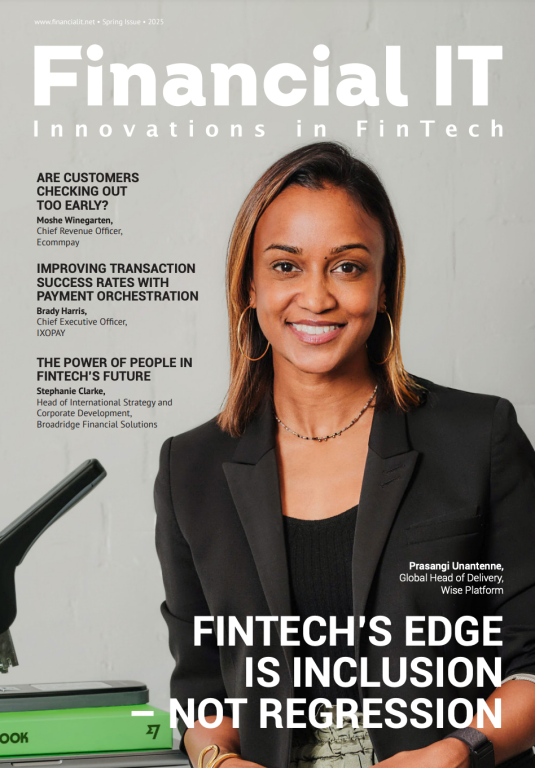Published
- 02:00 am
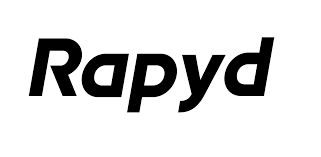
Disburse B2B payout capabilities now spans 200+ countries to help cross-border platforms streamline payment to distributors, sellers, and suppliers
Rapyd, a global Fintech as a Service company, today announced new enhancements to its industry-leading Disburse and Collect Platforms, delivering new end-to-end infrastructure for B2B firms to pay suppliers and sellers while getting paid by customers around the world more efficiently.
Rapyd has extended its Disburse platform capabilities across 200+ countries, enabling organizations to make payouts in leading global trade currencies including USD, EUR, GBP, and SGD anywhere in the world, along with leading regional and local currencies. In addition, Rapyd clients can now disburse with Real-Time Payments (RTP) in 50+ countries across the globe providing more control and visibility over payout timing.
To further its B2B payment acceptance offering, Rapyd clients can now also use Virtual Accounts to accept payments in Singapore and Europe to pay in their locally preferred currency.
"The pandemic accelerated the need of every business large and small to participate in digital ecosystems for trade, procurement, and labor, whether on a gig-platform to find and pay workers, a B2B trade platform for supplies, or a cross-border B2B eCommerce marketplace to sell globally. We can now serve cross-border B2B firms with the most flexible, end-to-end payments solution anywhere," commented Joel Yarbrough, Managing Director of Rapyd Ventures and Vice President of Asia Pacific. "Rapyd's platform is unique in that we can serve both Enterprises and SMEs, process local and cross-border large ticket transactions typical of global trade, along with higher velocity, lower ticket transaction sizes common in consumer and SME payments."
B2B eCommerce on the Web and via marketplaces already generates nearly 4X as much revenue as its consumer-facing counterpart globally, and B2B eCommerce has continued growing during the pandemic. The global B2B eCommerce market size had already been projected to reach $20.9 trillion by 2027, expanding at a 17.5% Compound Annual Growth Rate (CAGR) from 2020 to 2027, according to Grand View Research[1].
With Rapyd, B2B buyers and sellers not only have the most payment and payout methods in Asia and across the world than any other provider, but can now leverage a single, unified cloud-based solution to service the broadest array of countries, currencies, business types, and transaction sizes.
Related News
- 08:00 am
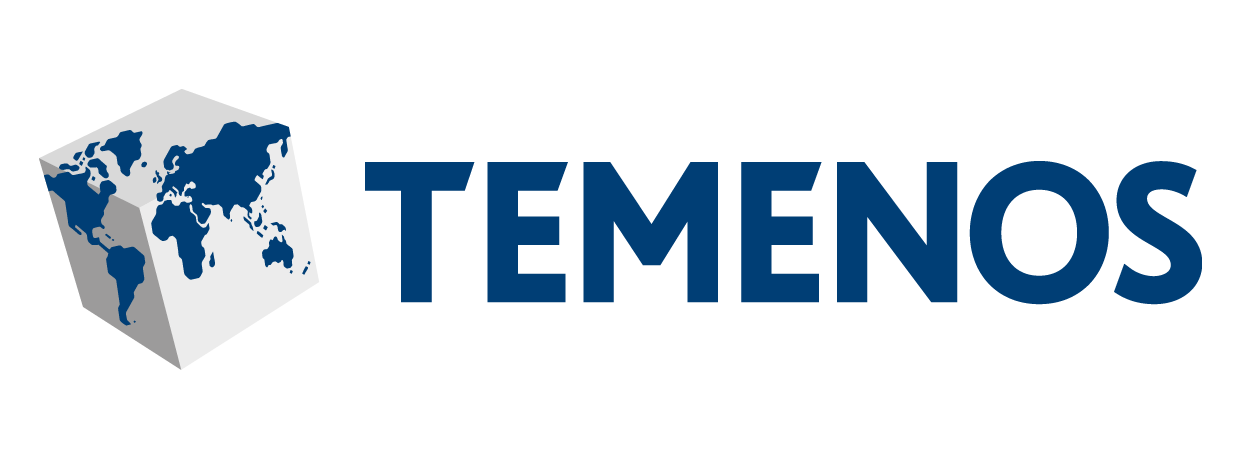
Temenos SCALE is the most comprehensive financial software Developer Conference for banks, partners, and consultants working within Temenos’ fintech ecosystem. Temenos (SIX: TEMN), the banking software company, today announced a stellar line-up for SCALE 2021, the financial software Developer Conference for banks, partners, and consultants working within Temenos’ fintech ecosystem. Temenos SCALE is the most comprehensive financial software developer event in banking and boasts more than 40 live and on-demand sessions.
Industry leaders BIAN, Microsoft, Red Hat and Oracle, ground-breaking fintechs including Bud as well as banking changemakers, ABN Amro, Blueshore and Credem, all feature at this year’s online event 16-17 November. Register for free here.
Temenos SCALE 2021 opens the door to the developer community to harness the potential of the world’s #1 banking platform used by more than 3,000 banks and financial institutions. Attendees will experience presentations and demonstrations with a focus on inclusivity and sustainability. Here’s just a snapshot of some of the session highlights:
- Experience app development with Microsoft and how to unleash developer velocity using Microsoft Azure, GitHub, PowerApps and Visual Studio
- Hear from Red Hat on open sourcing in banking, co-engineering between fintechs and vendors and the implications for intellectual property and security.
- Join a fireside chat with the Chief Architect at the Banking Industry Architecture Network (BIAN) discussing the future of banking.
- Learn from the Digital Accessibility Centre how to create a digital experience that is accessible to everyone, and meets best practice accessibility standards and legislation.
- Discover how Bud is providing a carbon footprint service and how developers can leverage this capability to deliver highly relevant features within their apps and services.
Attendees will also hear from Temenos’ senior leaders, including a keynote from CEO Max Chuard and technical session with experts in areas including AI, payments, digital experience on topics such as how to unlock the power of real-time data and how to prepare for a cashless future.
Paul Roberts, Director, Temenos Developer Community and MarketPlace, Temenos, said: “Our lives, communities and the environment are intrinsically linked with banking, and we’ve made sustainability and inclusivity a focus at this year’s SCALE. Whether leveraging technology to drive banking inclusivity, enhancing sustainability awareness by integrating carbon trackers into banking apps, or understanding best practice accessibility standards and legislation, SCALE provides the inside track.”
All SCALE sessions will have subtitles, and through a partnership with Grow-Trees Temenos will be planting a tree for everyone who attends as part of its investment in carbon removal projects.
Related News
- 07:00 am

New indexes will use machine learning and behavioral finance to build new quantitative investment strategies for institutional investors
Wilshire, a global investment technology and advisory company, and Rayliant, an Asia-focused fund manager dedicated to providing innovative quantitative investment solutions, today announce a collaboration to develop a new generation of quantitative strategy indexes to give institutional investors access to new passive investment opportunities. The new ‘FT Wilshire’ indexes will be available in early 2022.
Mark Makepeace, Chief Executive of Wilshire, commented “Collaborating with Rayliant will allow us to fast track the development of new indexes which combine established quantitative approaches with more innovative machine learning techniques. Rayliant’s considerable expertise and experience of quantitative investment in China and emerging markets complements our deep knowledge of the US and global markets. This puts us in the unique position to offer innovative index solutions to global institutional investors.”
Jason Hsu, Chief Executive of Rayliant, said “I’m excited to partner with Mark Makepeace and his team – they are true disruptors in the strategy indexing space. We look forward to helping Wilshire leverage our pedigree in machine learning and robust technology to develop a new and exciting range of systematic strategic beta for global investors.”
Related News
- 02:00 am

Collaboration aims to accelerate the adoption of renewable energy and reduce greenhouse gas emissions within the pharmaceutical value chain.
- Schneider Electric to design and deliverglobal program, convened by partner Carnstone.
Schneider Electric, the global leader in the digital transformation of energy management and automation,which was recognized in 2021 as the world’s most sustainable corporation by the Corporate Knights Global 100 Index,and Carnstone, an independent management consultancy specializing in corporate responsibility and sustainability, today announced Energize – a program to increase access to renewable energy for pharmaceutical suppliers.
The Energize program is a collaboration between 10 global pharmaceutical companies to engage hundreds of suppliers in bold climate action and decarbonisation of the pharmaceutical value chain. The program is a first-of-its-kind effort to leverage the scale of a single industry’s global supply chain in a pre-competitive fashion to drive system level change. Creating life-saving medicines and services requires a lot of energy, much of it being used by the value chain. By proactively engaging with their suppliers to create renewable energy opportunities, the 10 convening companies are taking meaningful action to collectively address their energy usage and inspire other industry sectors to follow suit.
The program will help pharmaceutical and healthcare suppliers to address their own operational Scope 2 greenhouse gas emissions through green power procurement, which in turn will reduce the participating companies’ Scope 3 emissions. The program will be designed and delivered by Schneider Electric; the pharmaceutical companies will promote the program collectively, and individually invite their suppliers to participate. Corporate program members include:
- AstraZeneca
- Biogen
- GSK
- Johnson & Johnson
- MSD
- Novartis
- NovoNordisk
- Pfizer
- Sanofi
- Takeda
The Energize program will enable pharmaceutical suppliers to learn more about renewable energy adoption and contracting. In practice, this will mean giving suppliers – who may not otherwise havethe internal resources or expertise available – the opportunity to participate in the market for power purchase agreements (PPAs).
“Todaymarks ‘Energy Day’ ofthe 2021 United Nations Conference of Parties (COP26) on climate change, where representatives from around the globe come together to accelerate action towards the mitigation of climate change,” said Susan Uthayakumar, President, Sustainable Business at Schneider Electric. “In support of that mission, we’re honored to launch the Energizeprogram and collaborate with the pharmaceutical industry to drive emissions reductions, ultimately benefitting both people and our planet.”
“We believe Energize will be a really effective collaboration of pharmaceutical companies looking to take bold climate action. Every business should be moving aggressively towards using 100% renewable electricity, and supporting their supply chains to do the same,” said Sam Kimmins, Head of RE100, Climate Group.
Renewable energy procurement can be challenging for companies of all sizes for a variety of reasons.The Energize program is designed to overcome typical market barriers such asinadequate knowledge about renewable energy transactions, load size, lack of credit, and the need for guidance throughout a complex and protracted contracting process. Participating suppliers will learn about the renewable energy market, receive guidance on PPAs, and have the opportunity to access and contract for renewable energy on their own or as part of a collaborative buyers’ cohort.
The programwill initially focus on suppliers with energy load in Europe and North America, with the intention to expand globally where interest and renewable energy market opportunity align.
“Limiting global warming to safe levels will depend on moving the entire world to renewable energy. This is not something that companies can achieve on their own. We are strong believers in the power of collaboration, and are honored to be bringing the pharmaceutical industry together to drive the adoption of renewable energy in its supply chains,” said Glynn Roberts, Senior Partner, Carnstone.
Convened by Carnstone, the Energize program will be designed and delivered by Schneider Electric. Schneider’s team of leading renewable energy experts will engage with participating pharmaceutical suppliers and facilitate an education and project selection process to advance supplier progress towards the execution of individual and aggregated renewable energy purchases. Schneider Electricis the leading global consultant on corporate renewable purchasing, having advised companies on over 150 utility-scale PPA purchases across North America, Europe, India, Australia and Latin America for a total of more than 11,000 megawatts of wind and solar power. The Energize program will be powered by Schneider’s NEO Network™, a global collaboration platform and community designed to accelerate renewable energy decision-making and decarbonization.
Pharmaceutical suppliers, other pharmaceutical, bioscience, and healthcare corporations, members of the media, and interested parties are welcome to join one of two introductory sessions to learn more about the program and how to participate.
Related News
- 03:00 am

Enables Singapore enterprises to fully secure a work-from-home workforce, priced on-demand and as used
Colt Technology Services a leading provider of agile, high bandwidth connectivity solutions and a member of Oracle PartnerNetwork (OPN), today announced it will offer connectivity to Oracle Cloud through Oracle Cloud Infrastructure (OCI) FastConnect in Singapore within Oracle’s new Singapore cloud region. Oracle customers can harness the power of Oracle Cloud locally, including Oracle Autonomous Database, to help unlock innovation and drive business growth.
Colt’s Dedicated Cloud Access and On-Demand offerings combines Colt’s highly-secure network solutions – used globally by enterprises and capital market firms alike – with OCI, a pre-built, cloud-based system, which also supports enterprises requiring the strongest security credentials.
Colt On Demand for OCI can also enable customers to access secure, high bandwidth connectivity to OCI cloud regions in near-real-time, allowing them to also scale bandwidth up or down dynamically in near-real-time. Colt On Demand for OCI is controlled by an online customer portal and is consumed through a flexible, pay as you use commercial model, delivering a best-in-class, cloud networking experience.
Colt’s cloud connectivity and on demand propositions are underpinned by the Colt IQ Network – a 100Gbps optimised, intelligent network that spans four continents with Colt-owned infrastructure in 32 countries. Its global coverage connects more than 900 data centres and 29,000 on net buildings globally, including over 90 data centres and 2,500 on net buildings in Asia.
With OCI, customers benefit from built-in security, consistent high performance, simple predictable pricing, and the tools and expertise needed to bring enterprise workloads to the cloud quickly and efficiently.
Ashby Corrigan, Colt’s Regional Sales Director, Enterprise and Capital Markets Asia in Singapore said: “Multinational companies across various industries are selecting Singapore as their business hub for Asia. We are keen to support enterprise customers with existing Oracle applications and also those who are hoping to do secure migration to Oracle Cloud in Asia. Through our expanded collaboration with Oracle, enterprises in Singapore will be empowered to grow their business securely, underpinned by a best-in-class enterprise cloud platform. We look forward to enabling customers in Singapore and any others in Asia also looking to migrate to OCI, realise an optimal cloud connectivity experience with OCI and Colt.”
The Colt IQ Network was expanded to Singapore in 2015 and now supports strategic customers across all key industry verticals following strong customer demand. In June 2020, as COVID-19 became a catalyst for enterprises requiring even greater flexibility, Colt launched its On Demand proposition in Singapore; enabling enterprise customers locally to also benefit from this cloud-like networking experience.
OCI’s extensive network of more than 70 FastConnect global and regional partners offer customers dedicated connectivity to Oracle Cloud regions and OCI services – providing customers with the best options anywhere in the world.
Specifically architected to meet the needs of the enterprise, Oracle Cloud is a next-generation enterprise cloud that delivers powerful compute and networking performance and a comprehensive portfolio of infrastructure and platform cloud services from application development and business analytics to data management, integration, security, artificial intelligence (AI), and blockchain. With unique architecture and capabilities, Oracle Cloud delivers unmatched security, performance, and cost savings. Oracle Cloud is the only cloud built to run Oracle Autonomous Database, the industry's first and only self-driving database.
Related News
- 09:00 am
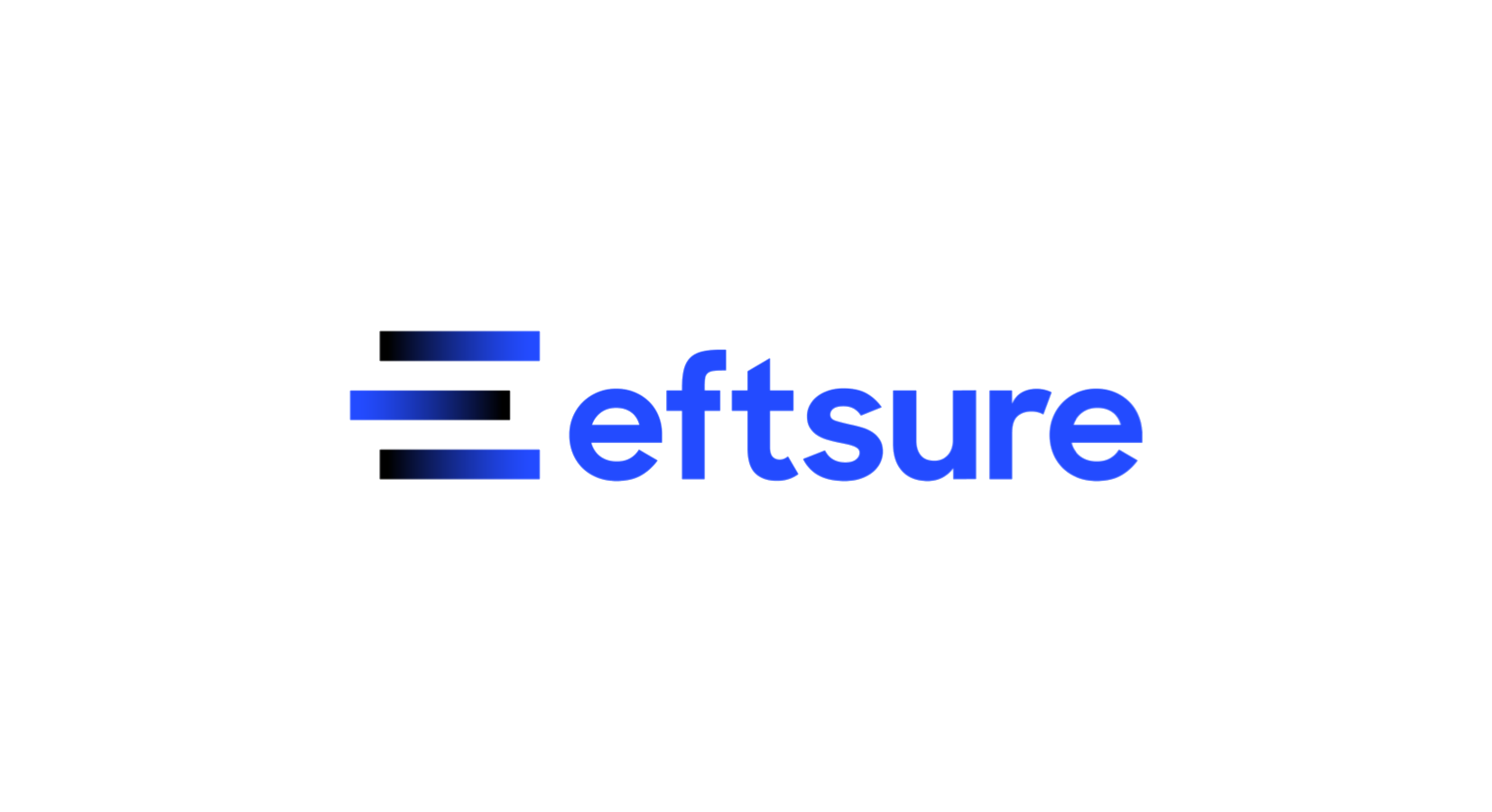
6 ways CFOs can stay ahead of hackers
Global losses from payment fraud have tripled from US$9.84 billion in 2011 to US$32.39 billion in 2020, according to Deutsche Bank’s 2021 report on the future of payments. And financial professionals are saying COVID-19 hasn’t helped matters, with 65% believing that the global pandemic is to blame for some of the accelerated rate in fraud activity, revealed by a 2021 survey by the Association for Financial Professionals (AFP).
While these cybercriminals can target many areas of an organisation, the dangers are ultimately measured in financial terms. This means that Chief Financial Officers (CFOs) can no longer ignore cyber security simply because it is a complex issue outside their area of expertise. As custodians of the company’s monetary assets and financial data, CFOs are responsible for safeguarding the enterprise from threats to its financial health, especially those that can result from processes within the finance domain, such as accounts payable.
Ryan Mer, Managing Director, eftsure Africa, a Know Your Payee™ (KYP) platform provider, says that CFOs need to play a key role in their company’s cyber security. The CFO is responsible for some of the most sensitive and valuable data the organisation possesses. “It is potentially disastrous for the finance team to be ignorant of cyber risk,” he says.
Below are six ways CFOs can combat the risk of payment fraud:
- Know your vulnerabilities and understand risks
The first line of defence is to identify which information requires the most protection and research the many ways your organisation could be attacked. Hackers often target the finance department and team members directly in attempts to defraud. CFOs need to ensure that these vulnerabilities are both understood and addressed. This means testing current processes and systems to find weak spots, perhaps with the help of external experts.
Many organisations’ weak areas lie in their manual processes, which use human inputting methods and decision-making, often resulting in errors and gaps in security. Independent third-party platforms, such as eftsure, can help manage supplier data and automate payment checking and supplier verification, saving time on manual processes and reducing human error and manipulations.
- Improve your basic security
Review your company practices in relation to password and security controls. Look at whether you can strengthen your company’s passwords and ensure that they are changed on a regular basis, if possible, adding an extra layer of security with two-factor authentication.
- Move data to the cloud
Stay ahead of ever-changing security demands by moving sensitive data to the cloud, where it is kept in centralised storage that can only be accessed through sophisticated authentication methods. Cloud providers update their systems frequently based on the latest security best practices, providing new encryption techniques, improved login protocols and real-time identification of unauthorised users and suspicious activity.
- Tighten your payments security
Look at your payments processes and identify potential weaknesses, possibly re-evaluating your financial procedures for approving payment releases. Ways to address weaknesses include ensuring there is clear separation of duties between staff and adding more verification steps.
While checking with senior executives,verifying by phone or relying on staff to perform other account verification procedures are options, they are manual, time consuming and hold their own risks. A Software as a Service (SaaS) provider like eftsure can help limit the risks by providing an integrated payments system that cross-references the payments an organisation is about to release with a database of verified bank account details. The platform alerts you to any suspect payments, at point of payment, allowing you to deal with the problem before the flow of funds have occurred.
- Educate your staff
Employee email accounts are gateways to sensitive information and attacks, especially those in finance and accounts payable, making them targets of cybercrime. Equip staff with the skills and tools to spot threats and respond appropriately by introducing cyber safety awareness programmes, workshops and simulations. Enforce policies that restrict what information can be kept in email inboxes prior to secure archiving. eftsure’s secure, digitised payee onboarding platform can assist with the collection and management of payee information, thereby avoiding trying to manage this through email workflows and inboxes.
- Keep your cyber security updated
As cyber risk grows and cybercriminals get better at what they do, it pays to be proactive about the controls, oversight and data management processes you have in place. Avoid waiting for a fraud incident or assuming your organisation is fully protected from fraud. Constantly remind staff at all levels about the risks of cybercrime to help build a strong security-conscious culture and continuously update controls to adapt to new fraud patterns. Collaborate with the chief information security officer (CISO), if your organisation has one, or enlist the help of an outsourced CISO-as-a-Service to address these risks and for assistance in deploying new defences.
In South Africa there is case precedence for firms being held liable for payments that did not reach the intended recipient, a situation that demands every CFO’s attention. “It’s a war out there – and cybercriminals are bringing the battle to you. Don’t wait for them to succeed – be proactive and get on the front foot now so you stop them before they succeed,” advises Mer.
Related News
- 01:00 am
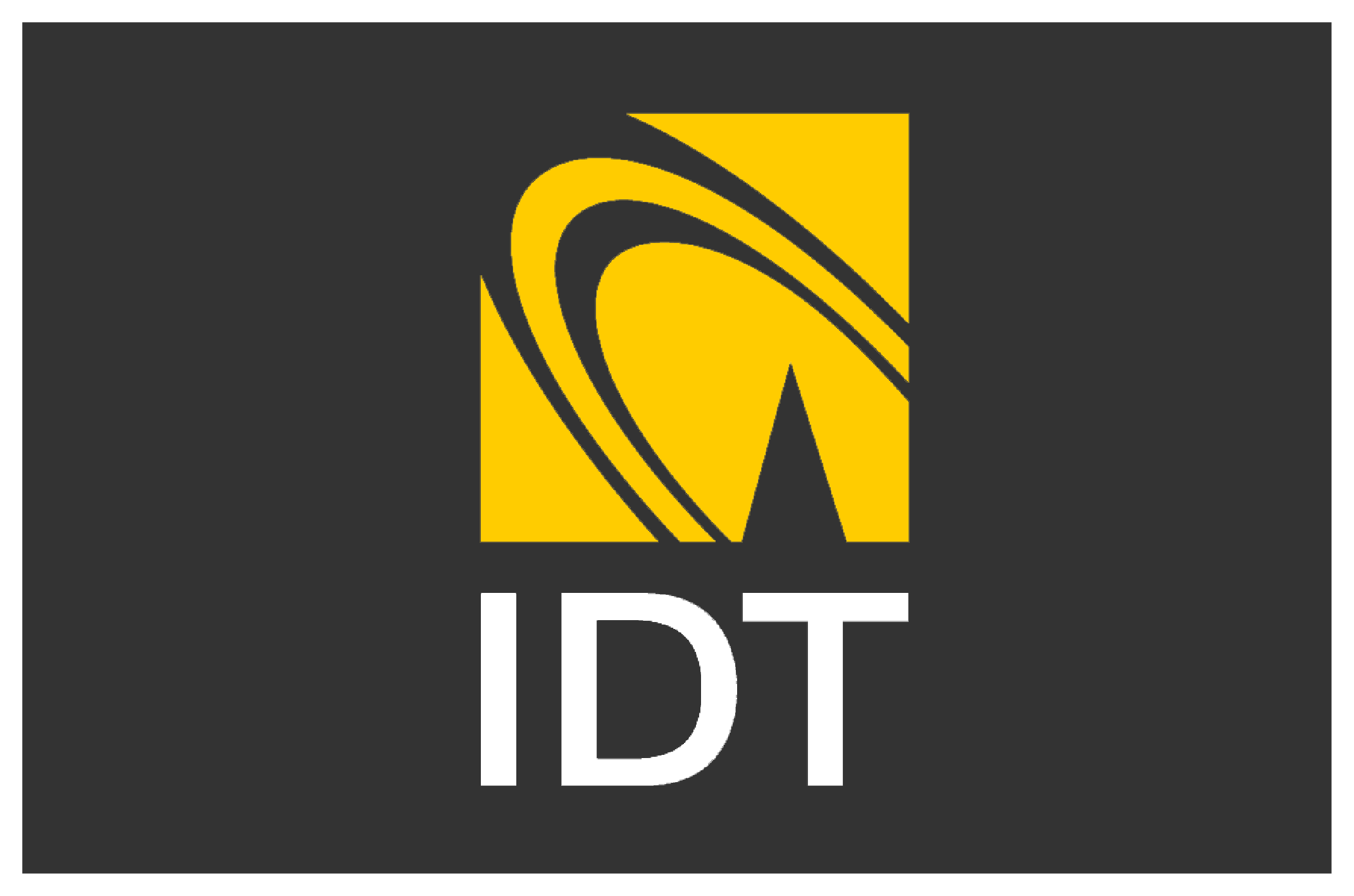
The New Brand for IDT’s Popular Digital Money Transfer Service
IDT Corporation, a global provider of fintech, cloud communications, and traditional communications services, today unveiled BOSS Money, the new brand for IDT’s popular digital international remittance service.
“BOSS Money has grown rapidly in the past few years and continues to innovate with exciting new features and more destinations around the world. To better reflect the significant changes in our service, we have updated our brand identity with a new name and next-generation logo. BOSS Money succinctly encapsulates our established and trusted BOSS Revolution brand while highlighting our focus on cross-border financial transactions,” said Jessica Poverene, IDT’s EVP of Marketing.
BOSS Money remittances and IDT’s rapidly growing mobile top-up are available on the BOSS Money App. The free App has earned exceptional praise from customers, garnering 4.8 and 4.7 star ratings out of 5 on the App Store and Google Play, respectively.
First time users can try the money transfer service in the BOSS Money App for free when sending up to $300. The App also features an overview of competitors’ fees and exchange rates, enabling senders to see their savings when sending funds with BOSS Money.
IDT continues to build out its global value transfer network. BOSS Money remittances are now available from the U.S. to over 40 popular destination countries, with over 325,000 points of payment in Latin America, the Caribbean, Africa and Asia. IDT’s mobile top-up service now provides international top-ups to recipients in over 160 countries, representing the substantial majority of the world’s 5+ billion mobile users.
Related News
- 07:00 am
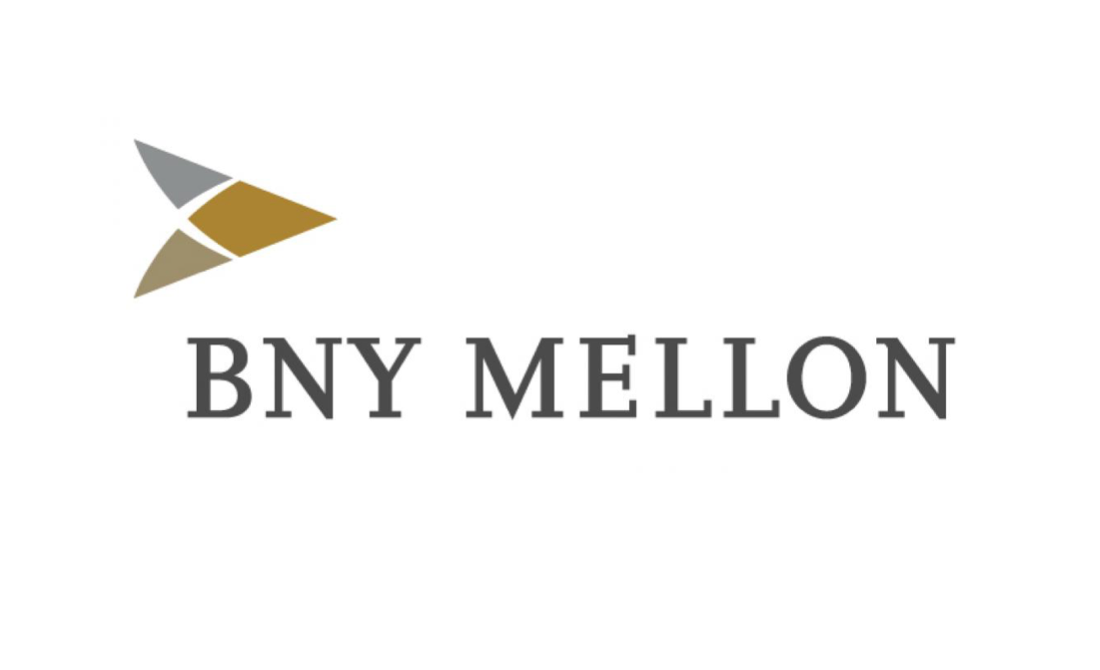
BNY Mellon announced on Friday that it has launched a dedicated one-stop-shop ISO 20022 Hub to support clients and other financial institutions manage the transition to ISO 20022—the new ISO format for electronic data interchange between financial institutions—which begins in November 2022.
“The migration to the new messaging standard, ISO 20022, promises to have significant and widespread impacts on financial institutions across the globe over the coming years,” said Isabel Schmidt Head of Direct Clearing and Asset Account Services Products at BNY Mellon. “It is critical that institutions fully understand what’s required for a successful migration and begin to prepare for the transition starting now.”
The BNY Mellon ISO 20022 Hub will share insights on the mechanics of ISO 20022 transition and its strategic implications. It will provide educational resources, frequently asked questions, as well as expert insights to help the industry prepare for the transition to the new standard.
Specifically, the Hub will include:
- ISO 20022 Fact Sheets: Overview of ISO 20022 basics and timelines, as well as information about BNY Mellon’s strategy to support clients seamlessly throughout the transition and beyond.
- ISO 20022 Learning Curriculum: Summarized content from BNY Mellon’s webcast series, which will feature insights from BNY Mellon experts and external speakers such as SWIFT, as well as associated learning modules covering a range of topics from basic and must-know information about ISO 20022 to the latest news on the progress made by the major RTGS systems (e.g., T2, the Fed, TCH or CHAPS) and SWIFT.
- FAQs series: Answers to common questions received from BNY Mellon’s clients regarding the complex transition.
- Expert Insights: A collection of articles and subject matter expert insights from BNY Mellon’s dedicated team, as well as from industry journals.
- ISO 20022 Resource List: Additional reference sources from industry bodies such as Fedwire and SWIFT.
Related News
- 01:00 am

Qatar Financial Centre (QFC), a leading onshore financial and business centre in the region, has recently welcomed aboard NEBIX LLC, a fintech digital trade finance marketplace headquartered in Doha. NEBIX joins QFC’s comprehensive suite of fintech companies, which will help advance Qatar’s position as a rising regional trade finance hub.
Qatar’s geographical position provides an efficient gateway to become a major Trade Finance platform for multinational corporations, local companies, major financial institutions and new emerging Islamic Non-Bank Financial Institutions, that serve the New Emerging Belt Initiative NEBI trade corridor. (The NEBI trade corridor stretches from the Caucasus region, through the neighboring Gulf countries all the way to Central Asia, encompassing markets which have a combined GDP of approximately $2.1 trillion.)
Connecting corporates, funders, and insurers, NEBIX is a digital marketplace powered by the Fineon Exchange Fintech platform, which validates trade finance requirements, enhances their credit worthiness, and matches clients with appropriate funders and credit insurers, helping businesses to increase sales, optimise working capital and minimise risks, while acting as a quality origination tool for funders.
Mr. Henk Jan Hoogendoorn, Chief Financial Sector Officer, QFC, said: “Given the growing Trade opportunities in the Middle East and Central Asia we see great value in a Trade Finance Platform based in the Qatar Financial Centre, to facilitate the matching of international Financial Institutions with exporters and importers. Ultimately we believe this will unlock Trade Finance as a very attractive Asset Class for investors and facilitate Trade Finance across the Middle East and Central Asia”
QFC’s strategy aims to develop a stronger regional ecosystem in Trade Finance, by attracting more financial institutions and credit insurance companies to the QFC, and generating more Trade Finance opportunities for Qatari banks and other financial institutions with a presence in Qatar.
Sheikh Fahad bin Jassim Al Thani, Vice President, Financial Sector Office, QFC, said: “We welcome NEBIX to the platform as yet another important addition to our growing list of fintech companies. Together, we will continue to work towards ensuring that Qatar becomes a thriving hub of financial technology.”
Fadi Saab, Chairman, NEBIX, said: “NEBIX was established at QFC to overcome specific Trade Finance obstacles facing corporates and financial institutions in Qatar and in the wider neighbouring markets. Our collaboration with Fineon Exchange provides valuable support in pursuit of making Qatar the leading Fintech and Trade Finance hub in the region”.
“Our aim is to facilitate collaboration between all stakeholders by leveraging our state-of-the-art technology and artificial intelligence capabilities. Implementing Fineon Exchange’s efficient and non-disruptive model with tried and tested processes will enable NEBIX to become the go-to Trade Finance partner and solution provider for the region’s corporates, funders, and other ecosystem partners”, he added.
Related News
- 06:00 am

Gary Turner to retire from role at the end of the year after twelve years
Xero, the global small business platform, today announced the appointment of experienced technology executive Alex von Schirmeister as Managing Director for the UK & EMEA.
Von Schirmeister brings more than 25 years of senior leadership experience to the role, having worked in ecommerce, payments, telecommunications, FMCG and consultancy. He will start at Xero on 1 December 2021.
Prior to Xero, von Schirmeister led the European operations for small business payments technology company SumUp, and before that held senior leadership positions at Electrocomponents plc and eBay, where he gained exposure to a large constituency of merchant sellers.
Gary Turner, who in July announced his retirement after 12 years in the role, will step down on 31 December 2021 to ensure a smooth handover of responsibilities. Turner will continue to play a part in Xero’s growth, in a global advisory capacity, as well as building his own portfolio career.
Rachael Powell, Xero’s Chief Customer Officer, said: “We’re thrilled to have a leader of Alex’s calibre step into this role. He brings a wealth of international commercial acumen as well as a huge passion for, and understanding of the small business environment and technology. We’d like to thank Gary for his incredible contribution in helping to build and scale the Xero brand in the UK and EMEA to what it is today.”
Incoming Managing Director for UK & EMEA, Alex von Schirmeister said: “Xero has such a wonderful community of small business customers and partners and I can’t wait to work with them. I’m determined to deliver on the promise that our platform can bring in unlocking small business potential, to help with economic recovery and promote the incredible role that accountants and bookkeepers play as trusted advisors.”
Von Schirmeister, who is also a seed investor in tech startups, lives in London with his wife and children.

